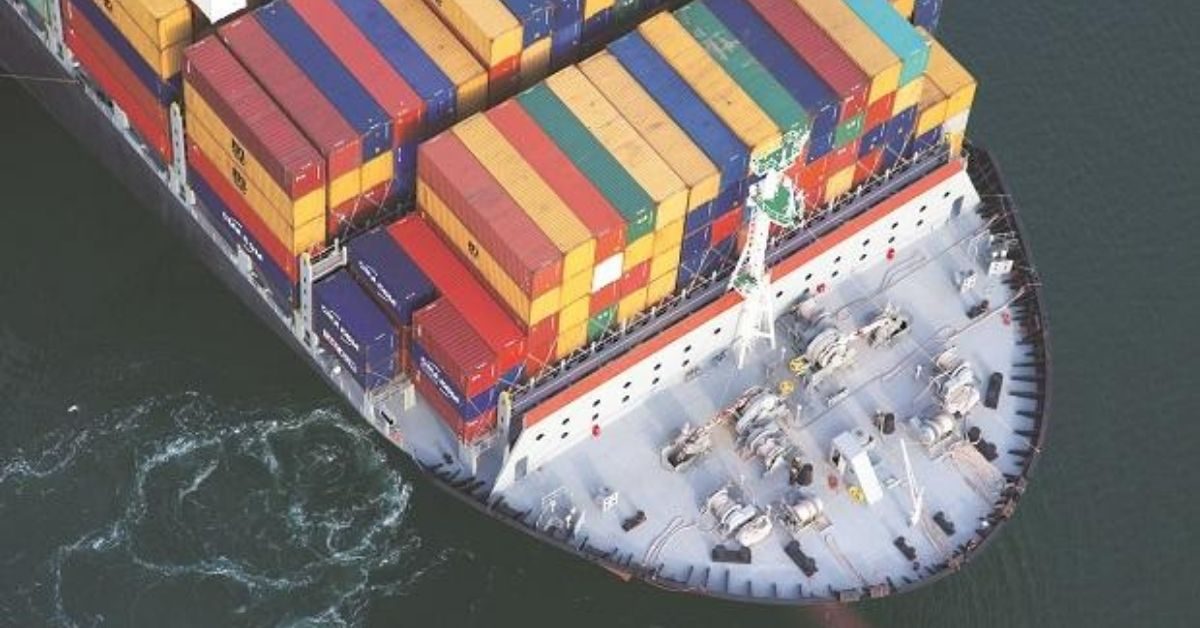The study is authored by Mehdi Hussain. He is an assistant professor, department of political science, Kirori Mal College and a research scholar at Jawaharlal Nehru University
Just as the world had started moving towards greater openness away from the closure of borders since the outbreak of the Covid-19 pandemic almost two years ago, the recent global upsurge of the Omicron variant again has affected supply chain networks, as at least 56 countries have re-imposed certain forms of travel restrictions. Southeast Asia’s position in global trade comes from its enhanced integration into global supply chains. However, border restrictions at domestic and international levels have been a challenge in harnessing benefits of this integration to its fullest. Global transport bodies such as IATA, ICS, IRU and ITF have urged governments to refrain from adopting a ‘rushed’ and ‘fragmented’ approach to travel rules. According to the International Chamber of Shipping, these bodies together represent $20 trillion of global trade per annum and 65 million global transport workers across supply chain networks.
The outbreak of the Omicron variant has caused supply chain disruptions halting supply chain workers ranging from seafarers to truck drivers for fear of getting contracted the virus and quarantined. Southeast Asia has comparative advantage in terms of labour as Vietnam, Thailand, and the Philippines offer a “sizable and relatively affordable pool of labour”, reported in VN Express news. In Asia, Vietnam and Cambodia offer one of the lowest monthly minimum operating costs at $79,289 and $65,313 respectively as compared to Singapore’s $366,561 and Thailand’s $142,344. The Covid-19 restrictions on movement of migrant labour continues to pose a challenge to the economic growth of the region.
Singapore’s ministry of trade and industry data shows that construction sector is yet to complete its recovery in absolute terms as its value-added remained 26% below its pre-Covid, i.e., 4th quarter of 2019 level, caused by labour shortages arising from border restrictions. Within the service sector, accommodation and food services show a weak performance due to continuous travel restrictions and tough domestic containment measures such as limiting social gathering for dining-in. More safety measures and enhanced health protocols have also been in place.
Source : Hindustan Times








